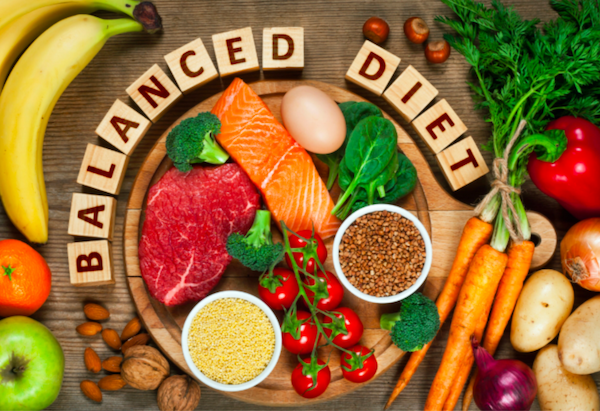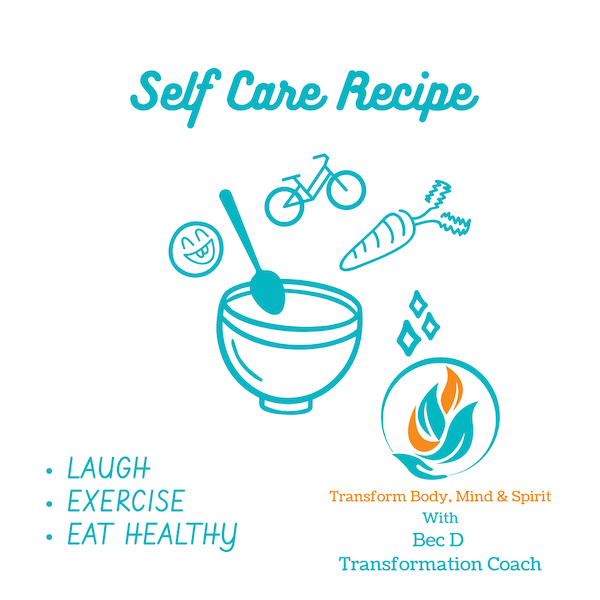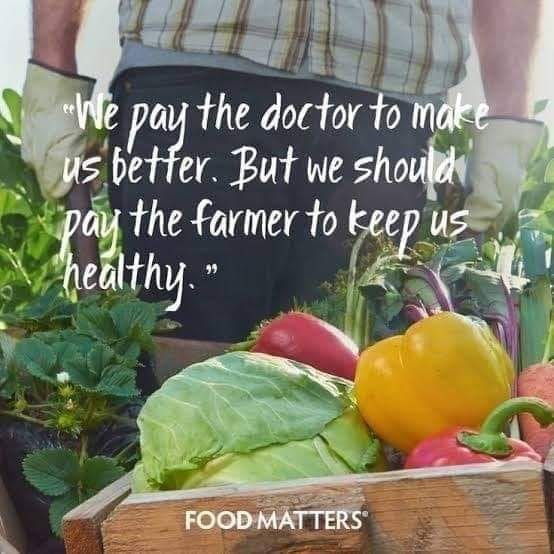Health Enhancing Foods:

If it grew from a plant, EAT IT.
If was made in a plant – DON’T!….
A general rule for Vibrant Health is to stick to Whole Foods as found in Nature – e.g. If it grew from the ground or RAN on the ground, or swam in the Ocean, it’s good for you – if it didn’t it’s not – e.g. chemical laden packaged foods are toxic to our bodies and difficult for our bodies to both digest and assimilate and are today the main reason for allergies, gut problems and Chronic Disease
When we really look into the development of the food industry after World War 2, we also see a decline the both the health of the adult population and our children. The reason for this is convenience foods began being produced on mass in factories and packaged for shelf life.
The lack of Nutrition in packaged foods, Deep Fried Foods and Fast Foods is causing Obesity, Chronic Illness and Mental Health Disorders.

Brain, Nervous System & Body Chemistry

Vibrant Health
– Your Monthly Food –
Wellness Update
1. A Simple Guideline: If it grew from a plant, EAT IT – If it was made in a plant, DON’T!
Why? Whole, minimally processed foods retain the fibre, vitamins, minerals and phytonutrients that our bodies have evolved to digest efficiently. Fresh fruit, vegetables, nuts, seeds, legumes, fish, eggs and quality meats supply the nutrients needed for robust immunity, stable mood and long‑term vitality.
2. Whole Foods & Organic Produce – What the Evidence Shows
Benefit
What the research says
Practical tip
Higher nutrient density
Studies consistently find that fresh, unprocessed fruits and vegetables contain more vitamin C, folate and antioxidant compounds than many canned or heavily refined equivalents, like processed meats (think ham, pepperoni, salami etc).
Visit your local farmer’s market early in the morning each weekend for the freshest picks.
Improved gut health
Dietary fibre from whole plant foods feeds beneficial gut bacteria, supporting digestion and reducing inflammation.
Aim for at least five portions of colourful produce each day – raw, roasted, or lightly steamed.
Reduced exposure to added sugars & sodium
Processed snack foods and ready‑made meals often contain added sugars, salt and unhealthy fats far beyond recommended limits.
Swap sugary sauces for herbs, citrus zest or a splash of vinegar.
3. Why Farmer’s Markets Are Worth the Trip
Seasonal variety: Vendors sell what’s in season, meaning you get produce at its peak flavour and nutritional profile.
Transparency: You can ask growers directly about cultivation methods, soil health and whether they use synthetic pesticides.
Community impact: Money spent locally supports regional farms and reduces the carbon footprint associated with long‑distance transport.
4. Processing, Packaging & Health – A Balanced View
It’s true that many ultra‑processed foods – think sugary cereals, confectionery, deep‑fried snacks and ready‑to‑heat meals are high in added sugars, saturated fats and sodium, and low in essential micronutrients. Regular consumption of such items has been linked to obesity, Type 2 diabetes and certain mental‑health challenges like Anxiety and Depression.
The key is mindful selection; read ingredient lists, choose items with recognisable additives, if it has a number or a word you can’t recognise or pronounce, avoid it and treat highly processed treats as occasional indulgences rather than staples.
5. Genetically Modified Organisms (GMOs) – What Should Readers Know?
If you wish to avoid GMOs, like I do; look for the “Non‑GMO” label or shop at markets that clearly state the detailed history of an item’s journey from its production or creation through various owners, transport companies or locations, serving as a crucial chain of evidence for establishing authenticity, whole food authenticity and freshness of their produce.
6. Putting It All Together – A Sample Meal Plan
Why it fits the “whole‑food” principle
Breakfast
Overnight oats with rolled oats, fresh cow’s milk (un-homogenised, unpasteurised), fresh berries, chia seeds and a drizzle of honey
Provides soluble fibre, antioxidants and omega‑3 fatty acids as well as essential B vitamins from the milk vital to the health of our nerve pathways and communication. Deficiency in the B group vitamins can cause tingling and numbness, loss of sensation in the extremeties (hands, fingers, feet, toes) Also known as Peripheral Neuropathy.
Mid‑morning snack
Handful of unsalted almonds + an apple
Combines healthy fats, protein and fibre for sustained energy.
Lunch
Quinoa salad with roasted sweet potato, baby spinach, cherry tomatoes, avocado and a lemon‑herb dressing
Offers a balance of complex carbs, plant‑based protein and micronutrient‑rich greens.
Afternoon tea
Green tea + a small piece of dark chocolate (70 % cacao)
Polyphenols support cardiovascular health and mood.
Dinner
Grilled barramundi, steamed broccoli, and a side of brown rice
Lean omega‑3‑rich fish paired with cruciferous veg and whole grain.
7. Take‑Action Checklist for Your Readers
Shop the perimeter of grocery stores for fresh produce, meat, dairy and fish.
Read labels – aim for ≤ 5 ingredients, none of which are artificial colours, flavours or preservatives.
Plan ahead – batch‑cook whole‑food meals on weekends to reduce reliance on convenience foods during busy weekdays.
Support local – allocate at least one shopping trip a week to a farmer’s market or community‑supported agriculture (CSA) box.
Closing Thought
Choosing whole, minimally processed foods isn’t about perfection; it’s about making more nourishing choices most of the time. Small, consistent shifts—like swapping a packaged snack for a handful of fresh fruit—add up to lasting health benefits for you, your family and the wider community.
Stay vibrant, stay informed, and enjoy the bounty of nature’s pantry!

